Gran: The only food I liked more than Camp Food was my grandmother’s, particularly Friday night Shabbat dinner and Sunday brunch. Homemade chicken noodle soup with pearls of chicken fat and thick chunks of carrots floating on top. Brisket with crispy ends, the middle so tender, no knife required. Crunchy iceberg lettuce smothered in Gran’s homemade Russian dressing – a secret combination of mayo, ketchup, and sweet pickle relish. Sara Lee banana cake.
On Sunday mornings after Hebrew School, we’d stop at the bagel shop on the way to Gran’s, and pick up a Baker’s dozen fresh out of the oven, a small tub of whipped cream cheese with flecks of lox, and a whole flaky smoked white fish. When we arrived, the table would be set, and Gran would be taking a casserole dish of sweet noodle kugel out of the oven. Watching me eat, my grandmother kvelled, and when I finished, she’d pinch my chubby cheek and pronounce, shana punim.
Gran = Food = Love.
Aunt Dora: Aunt Dora was famous for being fat. Her name was often instantiated by the women in the family as a warning: “If I eat one more piece of this Bundt cake I’m going to look like Aunt Dora.”
Aunt Dora lived in Richmond, and once in a while, I’d spend the weekend at her house. Breakfast was the high point. Every morning it was the same: Sanka (with powdered Coffee-mate and a pink packet of Sweet ‘n Low), half a grapefruit lightly sprinkled with sugar, buttered rye toast, two poached eggs on top. Sitting with my aunt at her tiny, round kitchen table, I’d watch as she cut a perfect triangle wedge off of the runny eggs and toast, meditatively move the fork to her mouth, close her eyes, and hum. I’d never seen anyone savor a meal so intensely.
Secretly, I thought that being as fat as Aunt Dora was okay, because she loved her food so deeply, and never complained about her weight. Sure, she signed up for Weight Watchers like the rest of us, but she was the only one who proudly confessed when she cheated. Icing on the cake? She wore bold polka dot dresses.
Aunt Mollie: Aunt Mollie lived in Florida, which required a plane trip, so I rarely saw her. She was famous for her wigs. My grandmother and her sisters all had thin, fine hair, but only Aunt Mollie covered it up. Each December she’d ship her sisters a crate of Florida grapefruit and oranges. Now, if someone sent me all that fruit at once, I’d complain about it going to waste. But in those days, having more Florida grapefruit and oranges than you knew what to do with — in the middle of the winter! — was a big deal.
Aunt Shirley: My great-grandparents — a garbage man, and a cook for a wealthy Jewish family — did not make enough money to support their five children. So one day they took their oldest daughter, my Aunt Shirley, three street car stops away to the Hebrew Orphan Asylum, and left her there. She was seven years old. They reclaimed her when she was fourteen, old enough to put to work in a sweatshop. Eventually, she saved enough money to take a manicurists’ class, a profession she worked at well into her 80’s.
Once, I asked Aunt Shirley what she remembered about her childhood in the orphanage. “I had no love,” she told me. “And I was always hungry.” I never brought it up again.
Aunt Shirley was famous for her peach and cherry pies, creamy New York-style cheesecake, and poppy seed cookies. When she was ninety-six years old (the year before she died), she taught me how to make her mother’s mandel bread. Standing side-by-side in my kitchen, mixing and churning, she plunged an index finger into the gooey, sugary-almond batter, and motioned for me to open my mouth. “That’s good,” I said. “Damn right!” Aunt Shirley replied. I miss her.
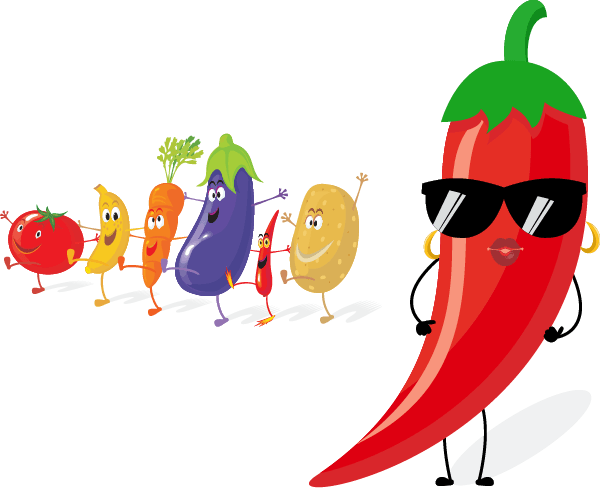

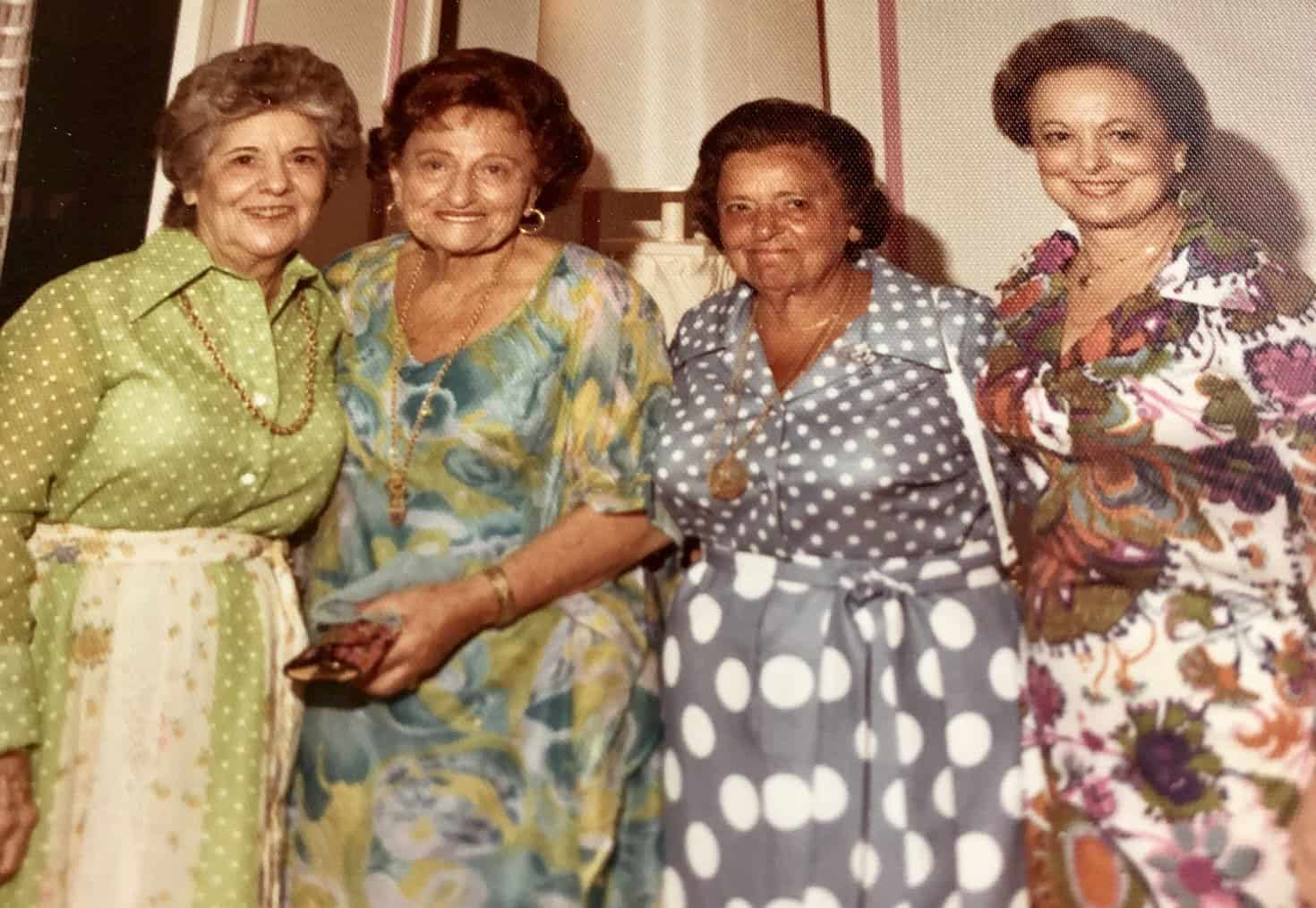
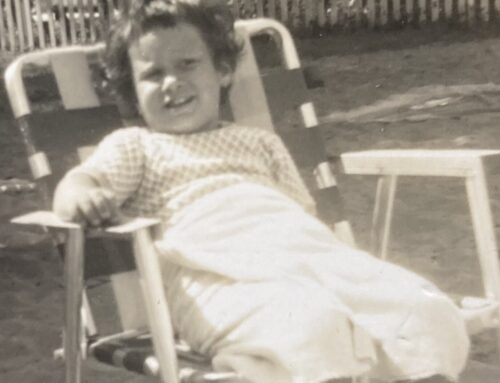
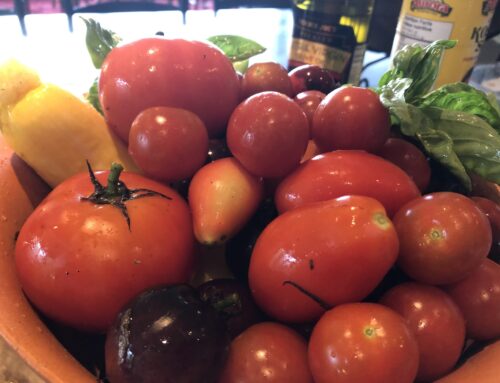
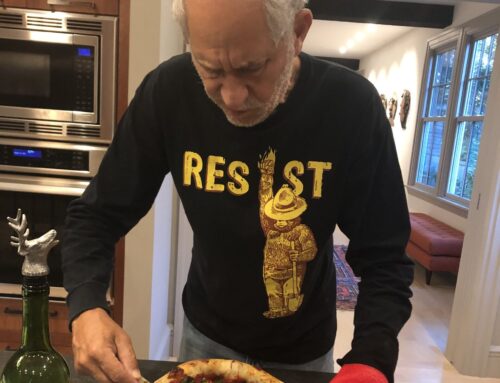
Ummm. I love aunt Shirley
Me too. She was a bad-ass like you.